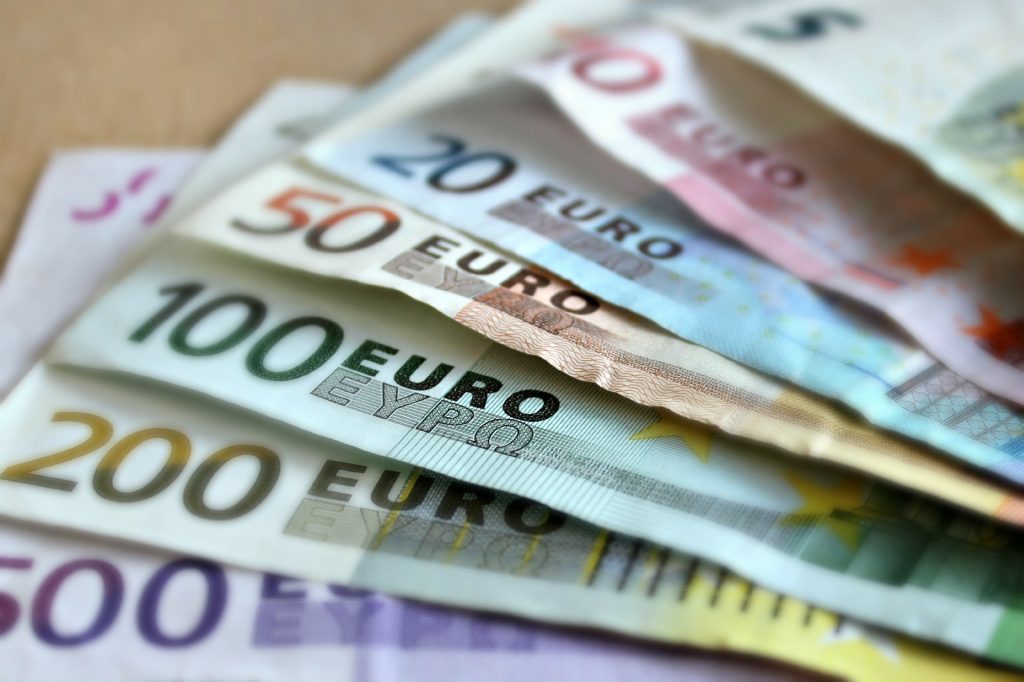This is an open issue, said this 79-year-old researcher in his address to Croatian reporters in Brussels where he attended the 8th Cohesion Forum.
The 8th Cohesion forum is a large-scale political event held every three years, bringing together high-level representatives from European institutions, central governments, regional and local representatives, economic and social partners, NGOs and academics to focus on the major challenges of European cohesion policy.
Commenting on Croatia’s plans to adopt the euro as sole legal tender, Stiglitz said on Friday that from the economic point of view, potential benefits are more restricted than potential costs.
There are arguments in favour of taking some more time before the country’s entry into the eurozone. However, it is a political decision, he said.
Croatia is making preparations for the changeover to the euro in 2023, and the country’s top officials, including Prime Minister Andrej Plenković, highlight Croatia’s readiness to adopt the euro.
Stiglitz, who is the author of the book entitled “The Euro: How a Common Currency Threatens the Future of Europe” said during the European Forum Alpbach in 2020 that the euro, as sole legal tender, deprived a country of two important instruments which the researcher deems to be essential in adjusting a national economy to shocks. One of those instruments is the possibility of adjusting the exchange arrangements, that is its capacity of using monetary policies and consequently changing interest rates, he explained then.
The euro area currently has 19 members. All EU countries, except Denmark, have the obligation to introduce the euro. Denmark participates in ERM II.
In July 2020, Croatia and Bulgaria entered the the Exchange Rate Mechanism II (ERM II), the key step to entry into the euro area. Until then Croatia had met all criteria to join the euro area except for membership in ERM II.
Upon Croatia’s admission to ERM II, Prime Minister Plenković said that the admission to the ERM II meant a lot for the country’s financial stability and strengthened its reputation, and also pointed out a high euroisation in Croatia.
For instance, 71% of household savings have been kept in the euro in the last eight years. Also more a than a half of loans are pegged to the euro. Foreign visitors coming from the euro area’s member-states generate as many as three fifths of overnight stays in Croatia, and 57% of the value of the commodity exports are to those countries.











